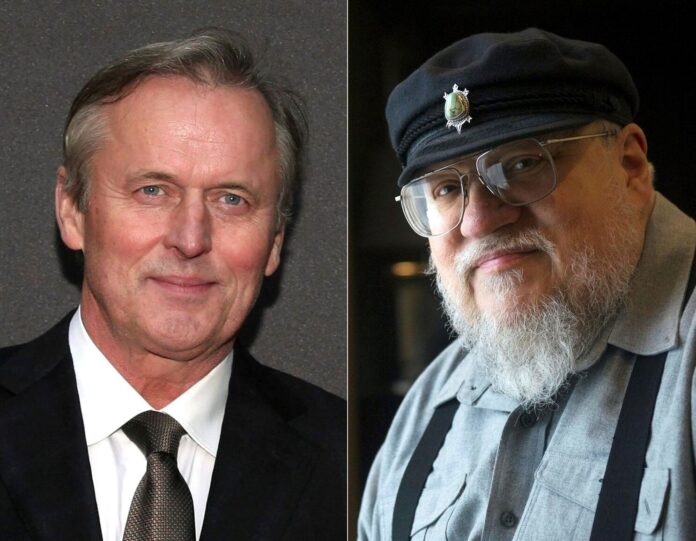Authors George RR Martin and John Grisham, famous for their literary works, have initiated a lawsuit against OpenAI, the owner of ChatGPT, claiming copyright infringement during the system’s training process.
George RR Martin, renowned for his fantasy series A Song of Ice and Fire, which inspired the Game of Thrones television series, and John Grisham, a bestselling author known for his legal thrillers, are among the prominent authors named in the complaint. The Authors Guild, a US trade group representing these authors, has brought the case to the federal court in Manhattan, New York.
The lawsuit alleges that ChatGPT and other large language models (LLMs) used the authors’ books without permission to enhance their AI capabilities. These AI models “learn” by analysing vast datasets, often sourced from online content.
OpenAI responded by stating that it respects the rights of authors and believes they should benefit from AI technology. The case mirrors similar legal actions, such as comedian Sarah Silverman’s lawsuit in July and an open letter signed by authors like Margaret Atwood and Philip Pullman calling for AI companies to compensate authors for using their work.
The lawsuit highlights a broader concern within the media industry regarding AI technology potentially “displacing human-authored” content. Patrick Goold, a law expert, noted that the authors’ main concern may not be copyright but the impact of AI on creative professions.
While sympathy lies with the authors, legal experts believe it’s unlikely the lawsuit will succeed unless they can prove ChatGPT copied and duplicated their work. The broader discussion centres on AI’s impact on the creative arts and the need for regulatory discussions in Parliament and Congress regarding AI’s role in displacing human labour in various industries.
This case is part of a growing number of complaints against developers of generative AI, where artificial intelligence creates media based on text prompts. It underscores the complexities and challenges of defining copyright infringement in the age of AI-generated content.

















